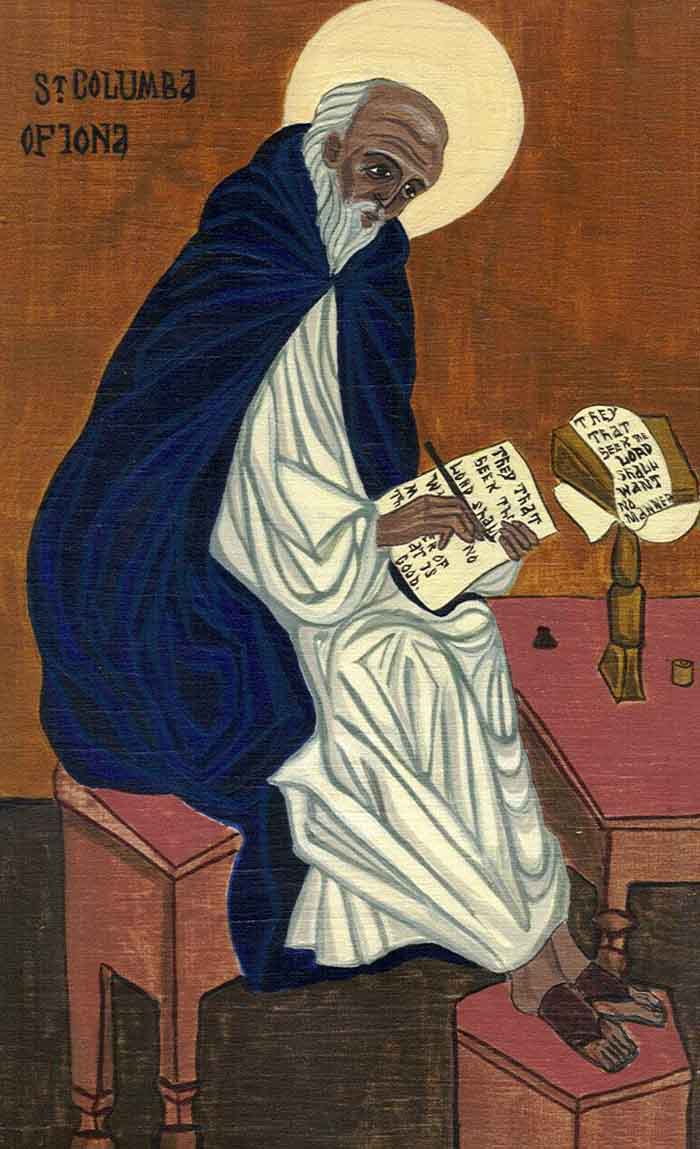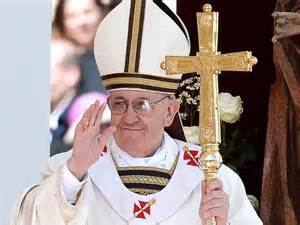+
Tonight and June 30th if one looks to the western sky at about sunset, one can see the closest conjunction of the planets Jupiter and Venus since the years 2-3 B.C.
Is this a significant astronomical event? To scientists and believers in scientism it is nothing more than a bright light in the sky. But for people of certain religious viewpoints it is hugely significant.
This planetary conjunction taking place within the constellation Leo is believed by many to have been the Star of Bethlehem at the time of the holy birth of Our Lord Jesus Christ from the Blessed Virgin Mary. (Others believe that the Star of Bethlehem was a triple conjunction of Venus, Jupiter, and Regulus in Leo, but that is another story -- and someone else's DVD).
This conjunction is closest to Leo, and I understand would be reckoned as conjunct with Leo. (I know precious little about such things). What this conjunction in Leo meant to that class of people called Magi in Babylon and parts east of Jerusalem was that there was the birth of a king to the Hebrew people, specifically the House of Judah (the Lion). In general, it would signify a royal birth to a nation whose emblem or sign is the Lion.
So, I add this to things to ponder in one's heart as we await the next Blood Moon.
The following is a YouTube video that is visually helpful but the commentary goes off the rails at the end with the narratrix declaring that this is not an astronomically significant event. I have learnt over many years that when someone feels it necessary to tell the audience that something is not significant the opposite is usually true.
Psalm 148
Laudate Dominum.
[Coverdale, The Book of Common Prayer]
May Jesus Christ be praised!
+




















